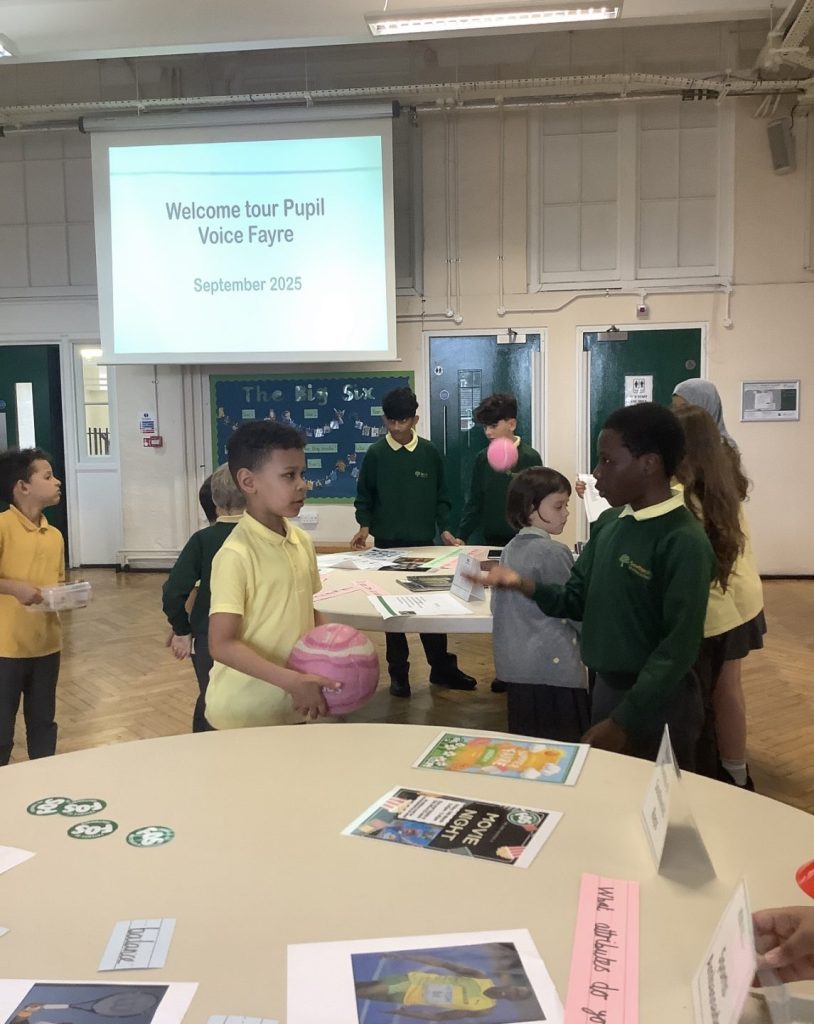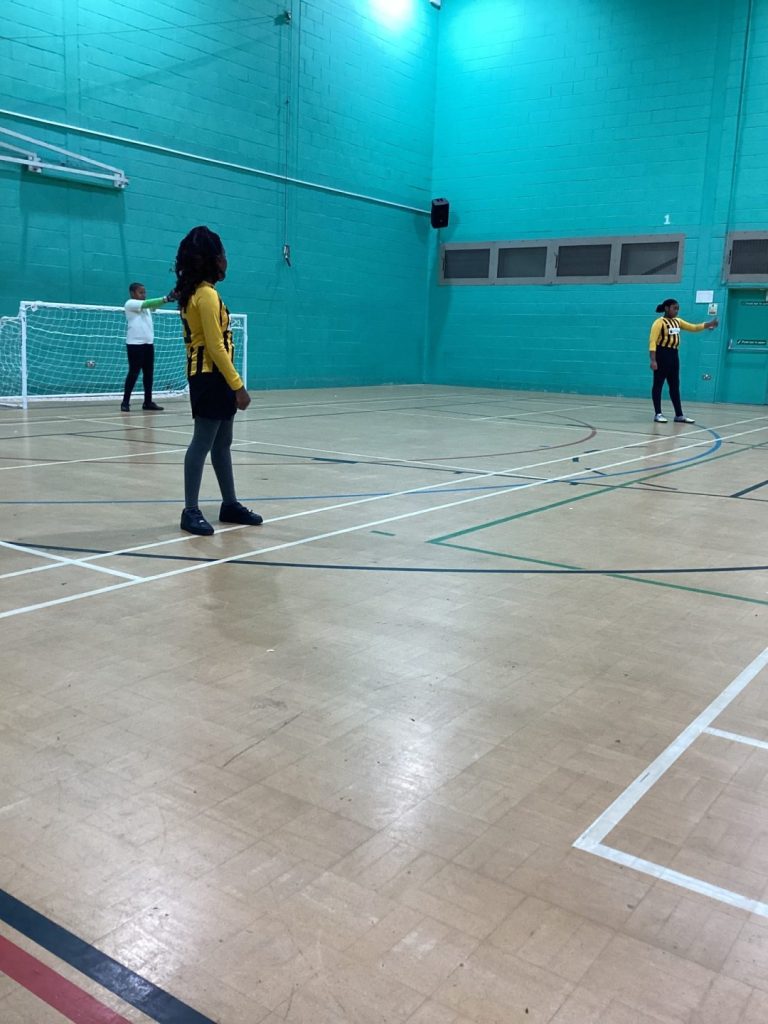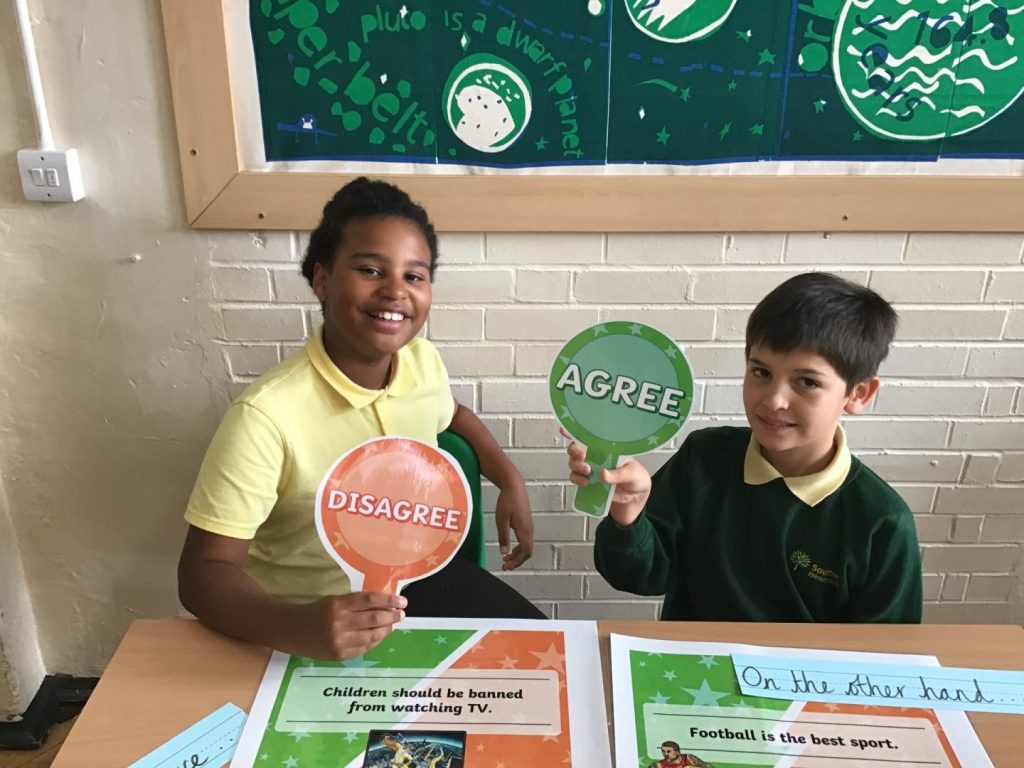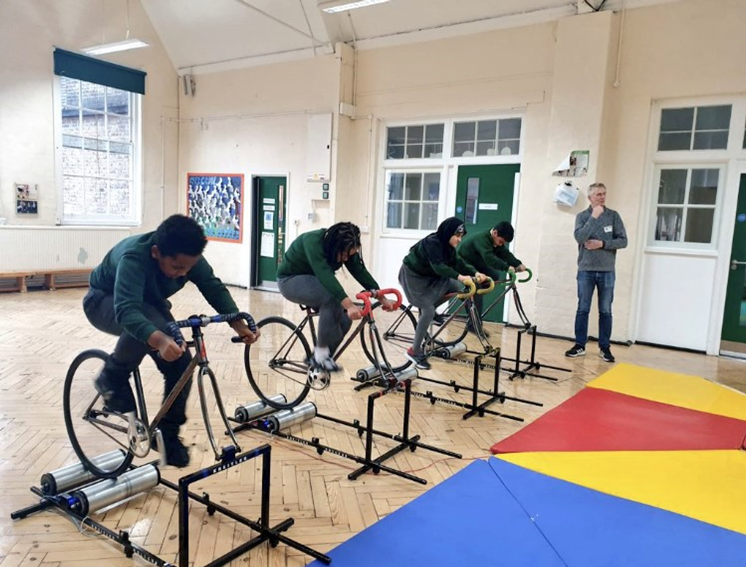We base the teaching of geography around 4 core concepts:
- Location (where)
- Place (what)
- Human and Physical processes and features (why)
- Geographical Skills (how)
We provide rich and varied learning experiences so that pupils are inspired to be curious and fascinated about the world and its people. All children learn about diverse places, people, resources and natural and human environments, alongside developing a deep understanding of the earth’s key physical and human processes. The learned geographical knowledge, understanding and skills provide the framework and approaches that explain how the earth’s features, at different scales, are shaped, interconnected and changed over time.
Core Elements of Geography Teaching
- Engaging and inspiring lessons that promote critical thinking and curiosity.
- High quality instruction and questioning with teachers providing carefully planned sequenced lessons that build on geographical knowledge, skills and understanding.
- Retrieval of previous learning and explicit links through concepts that connect new learning with what the children already know.
- An emphasis on geographical skills and fieldwork, including collecting and analysing data.
- Access to a range of geographical sources of information: maps, atlases, diagrams, globes and aerial photographs.
- Enriching learning experiences through trips, workshops, visitors and high-quality texts.
- A focus on ambitious vocabulary used in context.
- High quality talk providing children with opportunities to discuss, debate, and learn how to challenge and disagree respectfully.
- A challenging, but sensitive approach to addressing stereotypes and exploring differing views on geographical issues.
Curriculum
Our EYFS follows the Early Years Foundation Stage framework. ‘Understanding the World’ involves guiding children to make sense of people, culture and communities as well as the natural world. Children draw on their experiences and develop an understanding of themselves, their families and their local community, whilst also identifying similarities and differences between the natural world around them and contrasting environments.
In Key Stage 1, pupils develop knowledge about the world, the United Kingdom and their locality and learn basic subject-specific vocabulary relating to human and physical geography. Children begin to use geographical skills, including first-hand observation to enhance their locational awareness.
In Key Stage 2, children extend their knowledge and understanding further afield to Europe and beyond, whilst learning the location and characteristics of a range of the world’s most significant human and physical features.
Cultural Capital
Children are offered a wide range of enriching and engaging experiences which are designed to develop their knowledge and understanding of how the Earth is structured and its relationship with humans. Classrooms are resourced with high-quality and engaging texts and a wide variety of geographical sources are used to develop a deeper understanding of the changing global environment and the human impact on the natural world.
Cross-curricular learning experiences provide a variety of opportunities to practise and explore the same skills and understanding in different subject areas. Enrichment weeks such as World Week are celebrated annually and educational trips, workshops and visits are carefully mapped out in order to fully capitalise on our local area and the changes it has endured.
Fieldtrips encompassing fieldwork play a vital role in our Geography curriculum and include visits to local parks, canals, museums and visits further afield e.g. Southend. Strong links with the local community are also utilised with visits to local markets and discussions with local people and businesses.
Accessibility for all children
Our expectation is that the majority of children will move through the programmes of study at broadly the same pace through supporting children with additional inputs, interventions, peer support and resources.
The ambitious and inclusive nature of the curriculum allows a range of access points that ensure all children, including those with special educational needs, succeed, regardless of their circumstances, with high expectations set for everyone.
For more information on our approach to teaching Geography, please look at our coffee morning timetable for the next available session or make an appointment in the school office to speak with our Humanities subject leader.
















